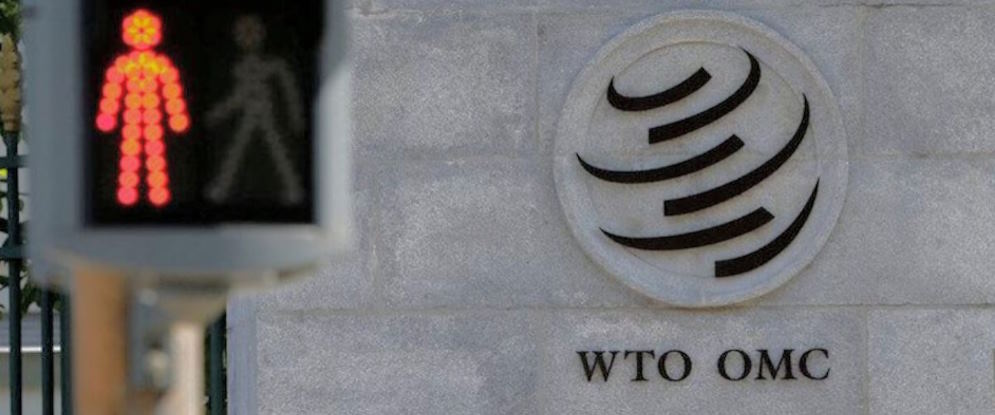In our increasingly interconnected global economy, regulating international trade is paramount to ensure fair, predictable, and mutually beneficial interactions among nations. Multilateral organizations, such as the World Trade Organization (WTO), play a central role in facilitating this complex task. This article explores the essential functions of these organizations in regulating international trade, with a particular focus on their efforts to resolve trade disputes and promote fair trade practices.
The World Trade Organization (WTO): A Pillar of Global Trade Regulation
Establishing Trade Rules
The WTO serves as the global body responsible for setting international trade rules. It provides a framework for member countries to conduct trade fairly and predictably.
Trade Agreements
The WTO negotiates and administers trade agreements, including the General Agreement on Tariffs and Trade (GATT) and the Agreement on Trade-Related Aspects of Intellectual Property Rights (TRIPS), which create a common ground for trade practices.
Dispute Settlement
A hallmark function of the WTO is its robust dispute settlement mechanism, which provides a forum for resolving trade disputes among member countries, preventing potential trade wars.

Resolving Trade Disputes: Ensuring Diplomatic Solutions
Neutral Mediation
The WTO’s dispute resolution process offers neutral mediation, allowing countries to present their cases and receive fair judgments based on established rules.
Preventing Escalation
By providing a platform for addressing trade disagreements through diplomacy and negotiation, the WTO helps prevent disputes from escalating into more severe economic conflicts.
Enforcement of Decisions
The WTO’s dispute settlement body ensures that countries comply with its rulings, fostering adherence to international trade regulations.
Promoting Fair Trade Practices: Fostering a Level Playing Field
Most-Favored-Nation (MFN) Principle
The MFN principle ensures that countries do not discriminate between trading partners, promoting non-discrimination and fair competition.
Transparency
The WTO encourages transparency in trade policies and practices, helping nations understand and navigate each other’s trade regulations.
Development Focus
The organization recognizes the developmental needs of less economically advanced countries and offers them flexibility in trade agreements, promoting inclusivity.






 Brian L. Gade is Professor of Economics at the Stanford University, Stanford, CA
Brian L. Gade is Professor of Economics at the Stanford University, Stanford, CA James M. Holman is Professor of Public Affairs and Economics at the Baltimore, MD
James M. Holman is Professor of Public Affairs and Economics at the Baltimore, MD